Ms. Murphy, when was the last time you stepped out of your comfort zone?
It’s all out of my comfort zone! I never wanted to be a singer or anything; I wanted to be a visual artist actually but I had a love affair with the person that I started making music with, and that’s how I got into it. So I’m used to being out of my comfort zone like that — that’s where I feel comfortable: out of my comfort zone! (Laughs) But as I say, I was very surprised that Mark Brydon even agreed to do a six-album deal together with me as Moloko.
How come?
He was a proper producer and had put out all kinds of records. I was a singer-songwriter at the time but it was almost like a conceptual art attitude that I had to it. But I think that he wanted me with him and we were just so in love and that was where it came from.
“Authentic is a silly word, really, it’s a bit like the word cool. Once you start talking about it, it becomes irrelevant.”
Do you still look for those big emotions when you’re making music now?
No, not the big emotions. That will never happen again, that moment… Even in Moloko that never happened again. But each album was a massive leap in learning for me personally. And that’s still what I try to find every time I go to make a record. I’m a collaborator, and I could have kept working with Eddie Stevens, who was my producer for many years, but it would have been too easy just to keep doing that. So instead, I’ve worked with Matthew Herbert, and now I’ve just put out a series of dance 12”s with Maurice Fulton — which is really a different direction. For me to make dance music, I considered how authentic I could make it.
What do you mean by authentic?
Well, it’s a silly word, really, it’s a bit like the word cool. Once you start talking about it, it becomes irrelevant. I just think his music really comes from the gut, it emotes you in the center of yourself. The truth is that I do wish I had spent more time on the mixdown of this record but I normally tend to be very involved and like to make it as perfect as I can. And I think that works against you! I think there are arguments for those moments of perfectionism as well, otherwise I wouldn’t do it… But it’s music for a club, not a Róisín Murphy album. It’s different.
Was club culture important for you as a young person growing up in Manchester?
It played a big role for me, yes! Dance music was burgeoning at the time and I started out going to this psychedelic club that was all lava lamps and everything! They played MC5, Stooges, Angry Young Them, Jesus and Mary Chain, and things like that. I remember once they started playing the Stone Roses, a different crowd started coming in. Looking back, it was people who were on ecstasy, but I didn’t know that at the time — I was about 14 — but people all started hugging each other! Different groups, different youth cultures, I saw them all break down in front of my eyes.
James McAvoy said that art education expands your horizons beyond that which you can see. Can the same be said for these types of cultural experiences?
Absolutely. I mean, I was surrounded by music in my family, surrounded by people who sang songs — every single person I knew as a child growing up had one, two, three songs they knew from start to finish. It wasn’t like you had to be a musician but everybody had to have a few songs and normally they represented something very deep about each person’s psyche in a kind of poetic way. It became so that song was the thing that I really remember from my childhood. Lyricism was placed into my head in Ireland… It was a big thing in Ireland for a long time.
It’s not anymore?
Not as much, no. It’s sad to see it go because it was really influential for me. But in terms of this kind of access to a wider world through music, that was what I got through Manchester. You couldn’t think of a city that had more on offer in terms of club culture, music culture — even London didn’t have it going on what was going on in Manchester then. Every band that was anywhere near the UK would go to Manchester too, so it was all there! And that’s why I decided not to go back to Ireland when my parents divorced, I didn’t share the music tastes of the people. That’s where I got the strength.
Things might have turned out very differently for you if you’d gone back.
They might have, I’ve no idea. When you’re a kid, right, and you’re surrounded by all these other kids and let’s say they don’t have the same interests or the same goals or the same world view as you… It’s difficult because a child doesn’t know that there’s another way. A child doesn’t know that there’s another place outside of the systems and hierarchies in school.
“The systems are all bullshit. They’re all based on nothing. And I’d had enough.”
What kind of systems?
Oh you know, what she looks like, what he said to so and so, who kissed what’s-his-face, and this and all that! They’re all bullshit. They’re all based on nothing. And I’d had enough. I’d really had enough of it by the time I was 14 and getting into music. It’s that step into that other place, into the place of actually making a life for yourself, choosing the things that you like — not even in terms of adulthood but in terms of your intermediate world from childhood onwards. It’s a very sensitive time and I feel very blessed that I found music because it led me to a bigger world view.
Apparently your most formative teenage music experience took place when you watched Kim Gordon on stage at a Sonic Youth concert.
Yeah! First of all, she was in the coolest band on the planet at that moment and she was just this fantastic bass player and singer. Second, she looked so cool. She was in these denim cut-off shorts and platform shoes and a KISS t-shirt, which sounds really awful now but really it was so cool then. People were just picking her up and throwing her into the audience! I was sitting on the side of the stage like an innocent, and suddenly had the understanding of what it is to really be alive. The next day, I went to the record shop and sold all my U2 records and bought Daydream Nation. Everything then became about music — everything then became about the next band I was seeing, the next record I was buying. I was totally sucked in to what became a very safe place for me. I never looked back!

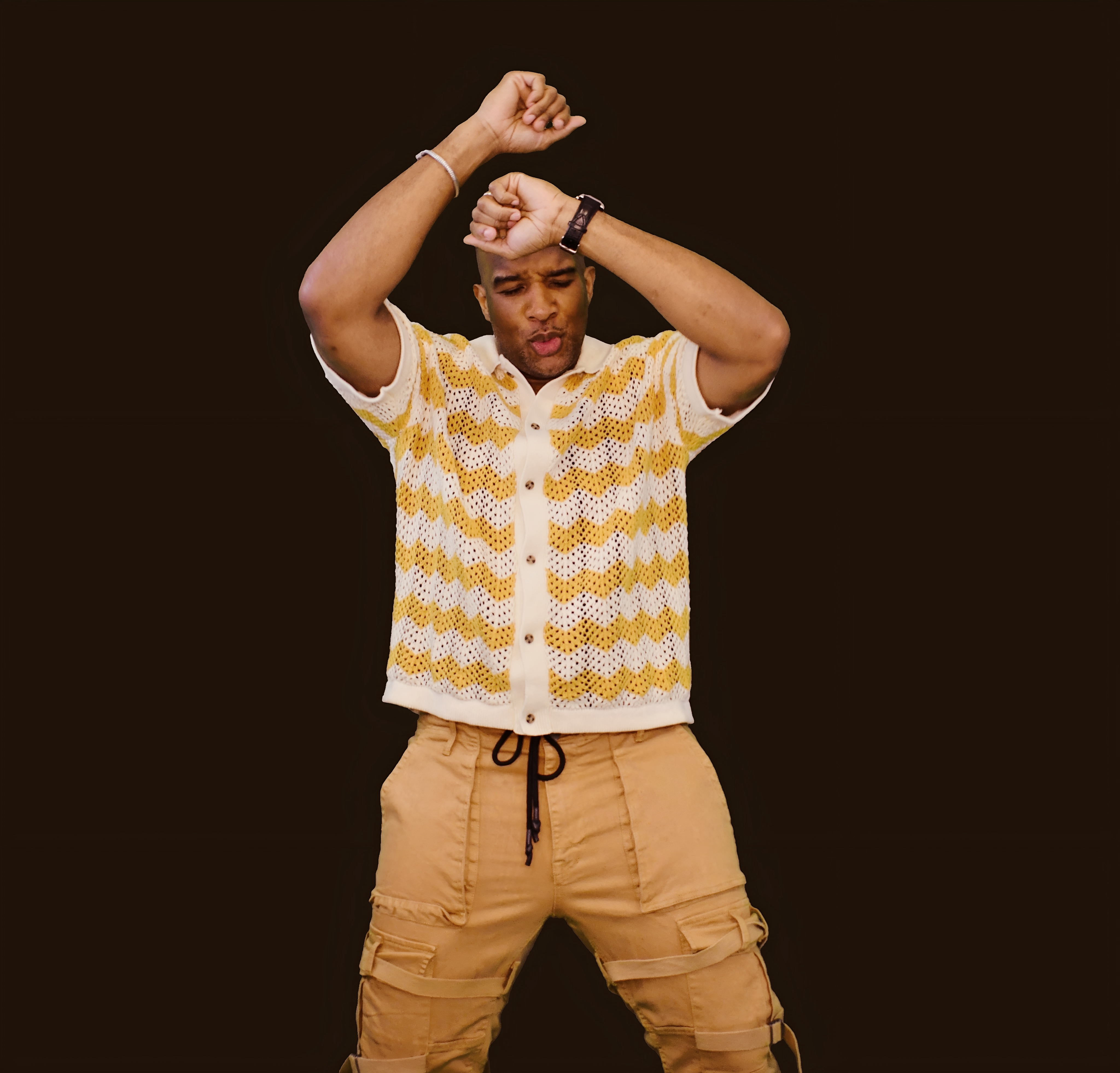
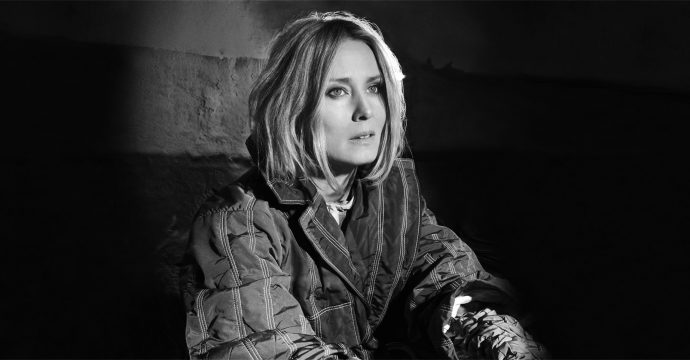
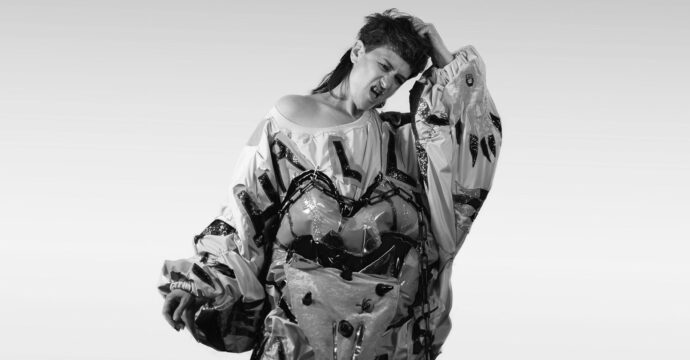
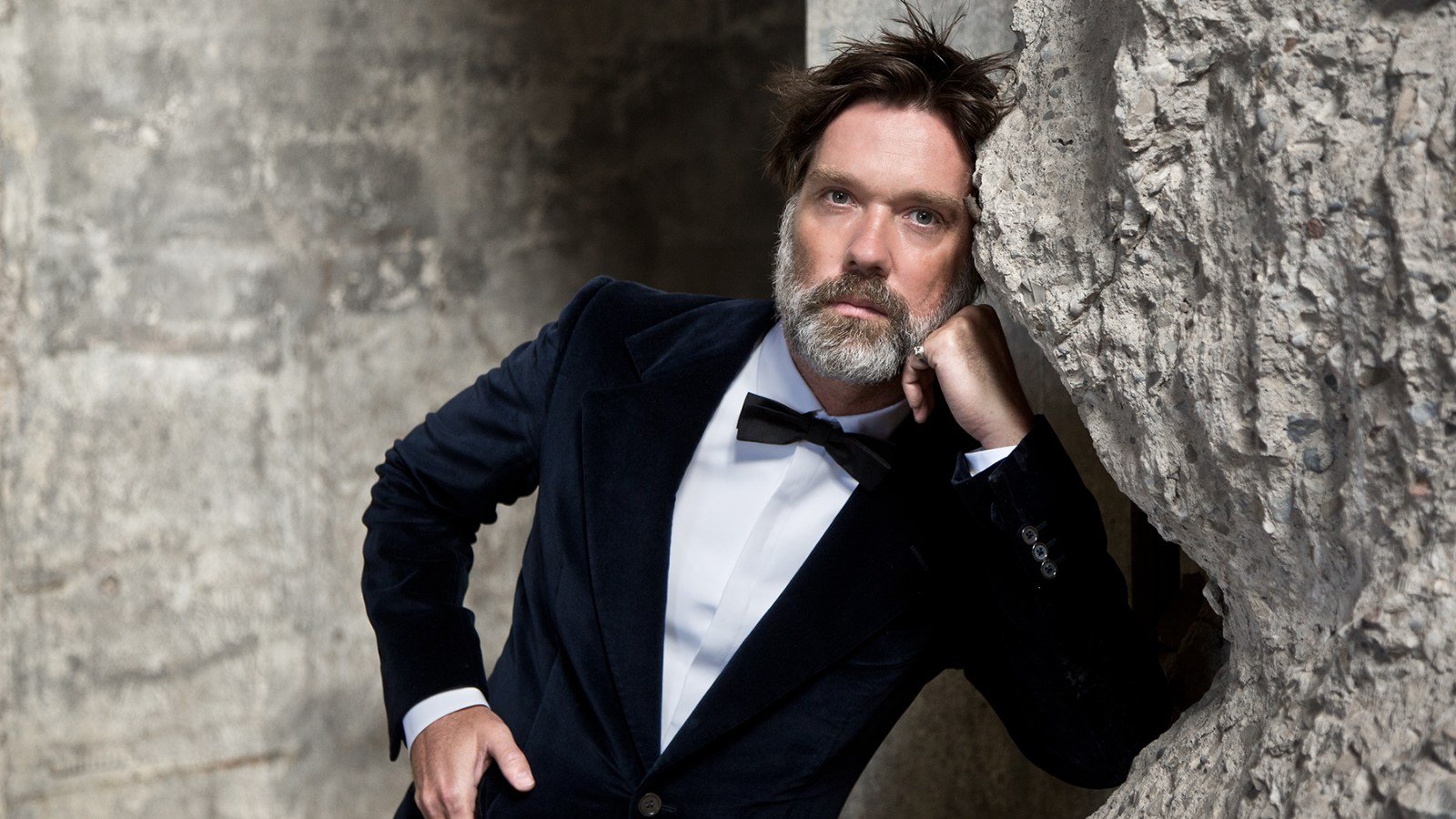
.jpg)
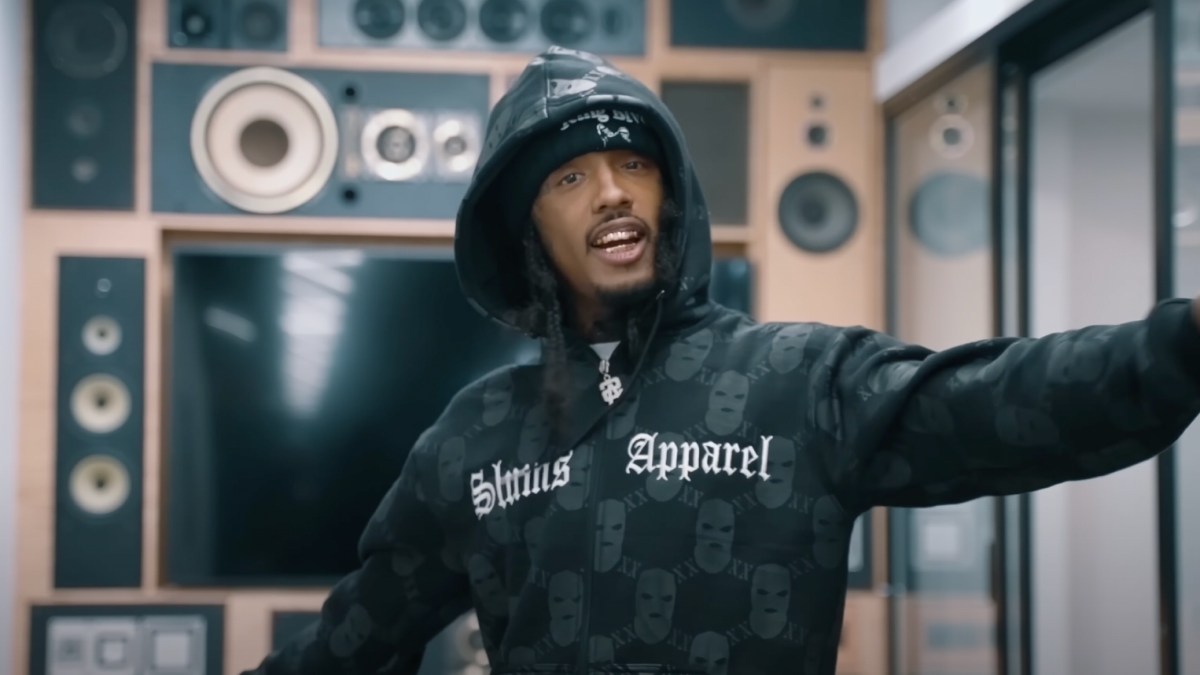
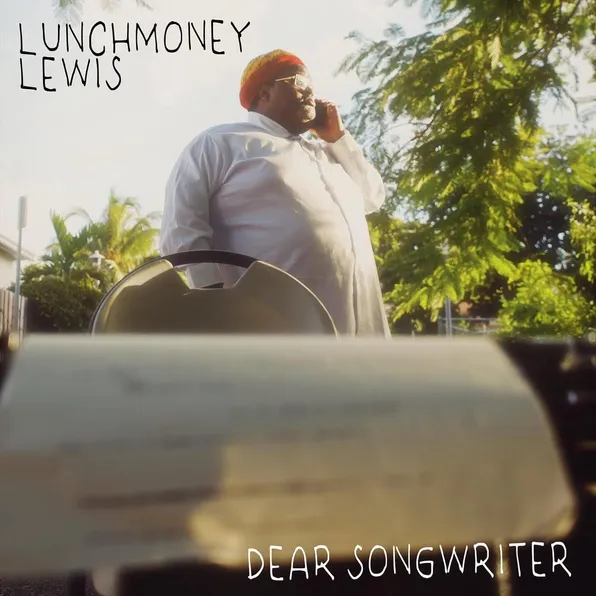
.jpg)


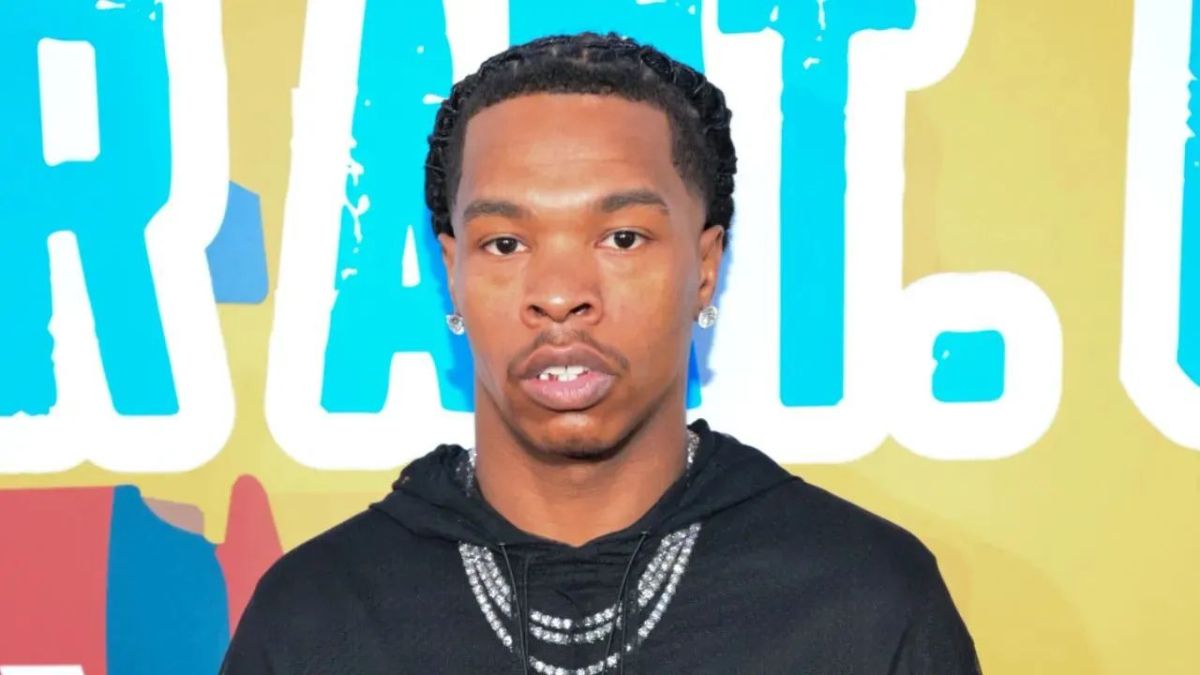
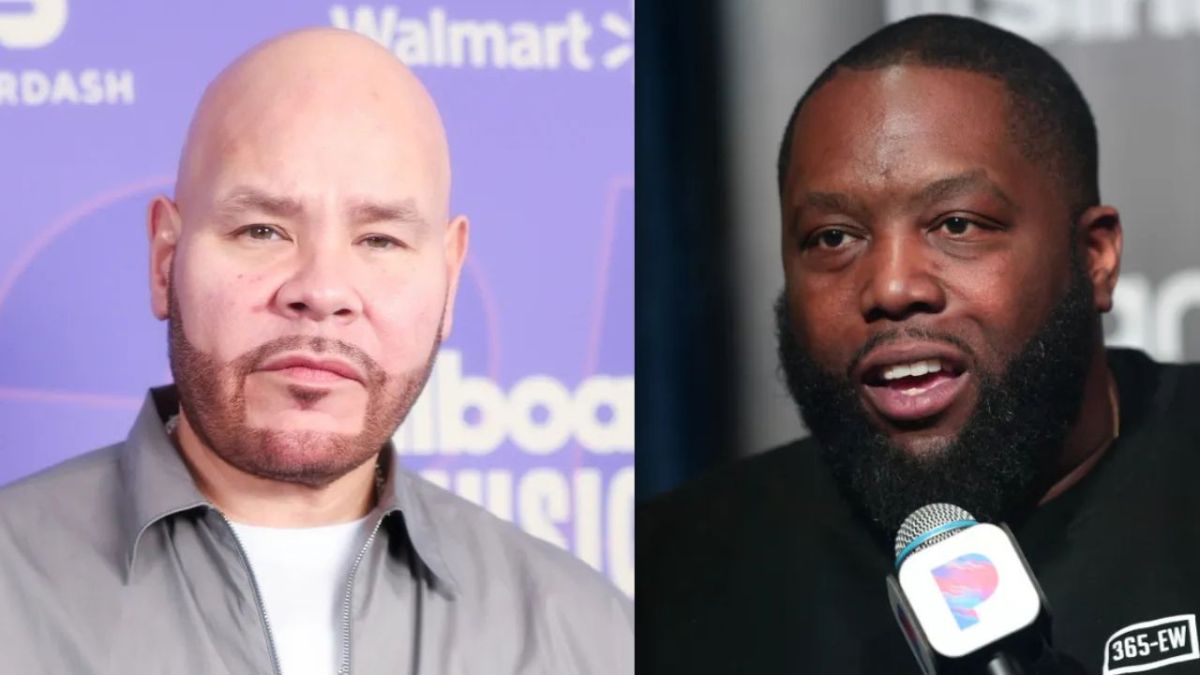
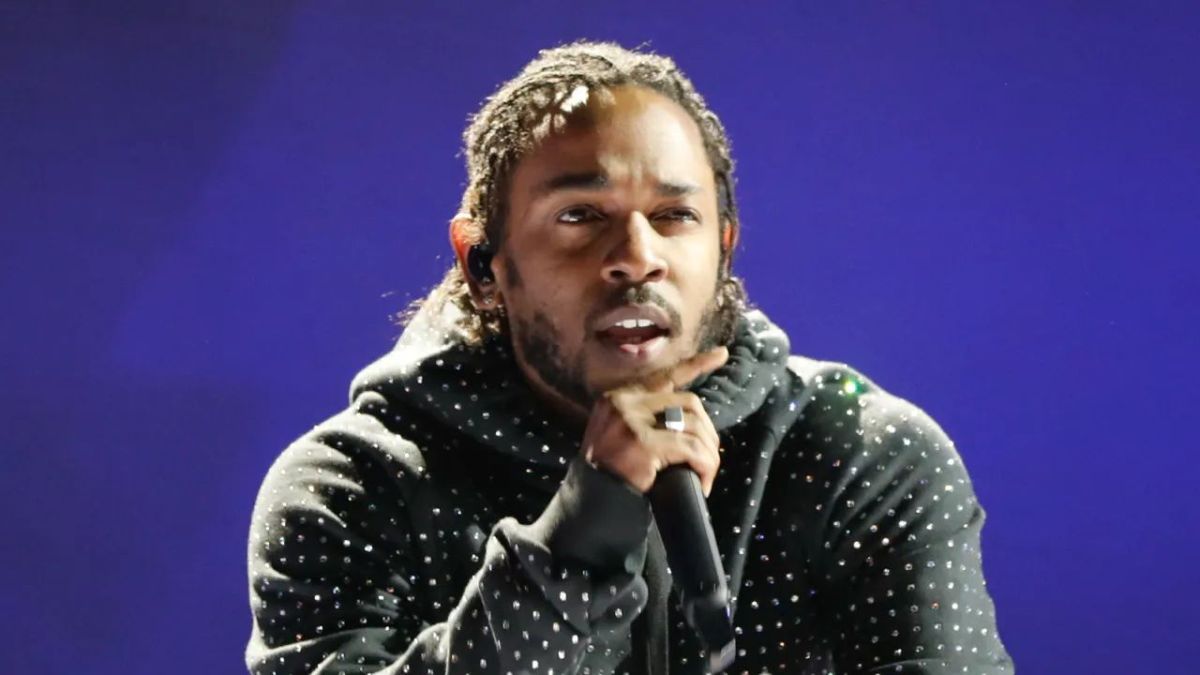
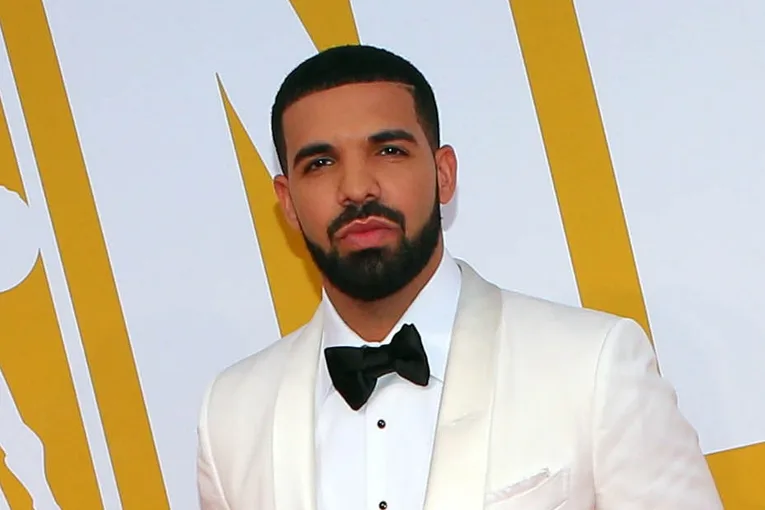
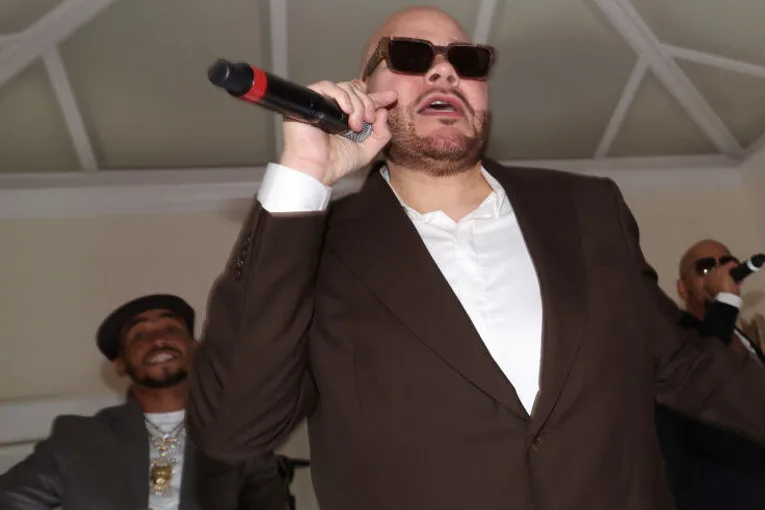
COMMENTS
Leave a comment